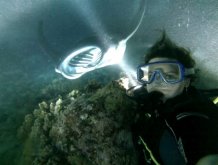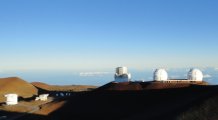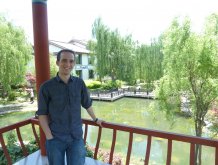Postgraduate research opportunities in Astrophysics
The Exeter Astrophysics group is one of the largest and most vibrant groups in the UK studying stars and planets. The group’s research activities are mainly devoted to four areas: star formation, exoplanets, stellar physics, and the interstellar medium. At Exeter, the PhD normally lasts for 3.5 years of full-time study (maximum of four years), and “funded” positions typically include a living stipend (and payment of course fees) for that time. International students are encouraged to apply, but may not be eligible for all potential sources of funding.
Current funded opportunities
Applications for 2025 entry are now closed. Please check back later in the year when we will list projects available for entry in 2026.
Information for self-funded students
Entry requirements
In general, applicants must have obtained, or be about to obtain, a First or Upper Second Class UK Honours degree, or the equivalent qualifications gained outside the UK. All students must meet the University’s minimum English language requirements by the start of the project. We receive many more applications than it is possible to accept or fund. As a rough guide, virtually all successful applicants will have undertaken a substantial research project before beginning the PhD, will have excellent reference letters attesting to their work, and will have strong academic records in relevant coursework.
Why choose to study an Astrophysics PhD at Exeter?
Funding and investment
- Exeter astrophysics has been particularly successful recently in both STFC and EU funding. The group has been awarded eight prestigious ERC grants, funding a number of Postdoc and PhD positions.
- £1.3million investment from the University for research into extrasolar planets.
Research expertise
- Opportunity to work with experts at the forefront of their fields of research.
- Exeter astrophysics is continuously expanding, branching into new and upcoming areas of astrophysics such as exoplanet atmospheres, the galactic interstellar medium and stellar magneto-hydrodynamics.
Development opportunities
- Use telescopes in places such as Hawaii and Chile.
- Travel to conferences around the world to present research.
- Access the £1million supercomputer at Exeter and the UK DiRAC high performace computing facilities.
- Many PhD students go on to do postdoctoral research.
A fantastic location
- As well as being a thriving university city, Exeter is also situated in one of the most attractive parts of the UK, with Dartmoor National Park and the South Devon coast less than an hour away.






